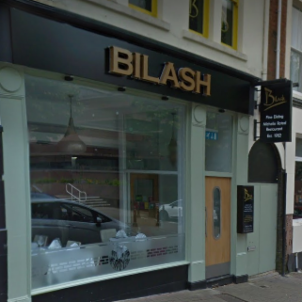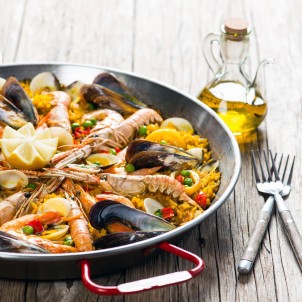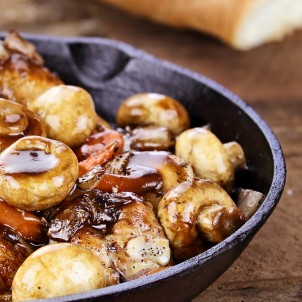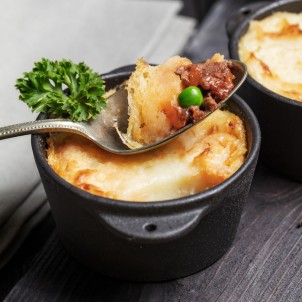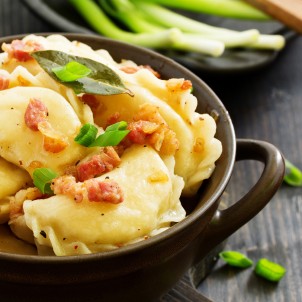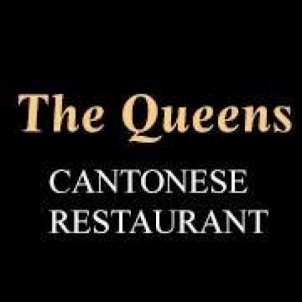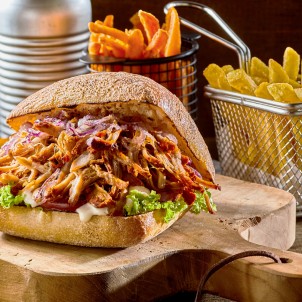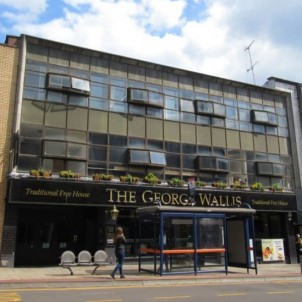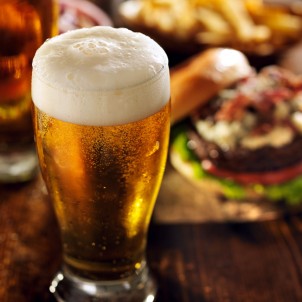Discover the best pubs & restaurants in Wolverhampton
![]() Town/City Name
Town/City Name
Wolverhampton
![]() County
County
West Midlands
![]() Population
Population
256600
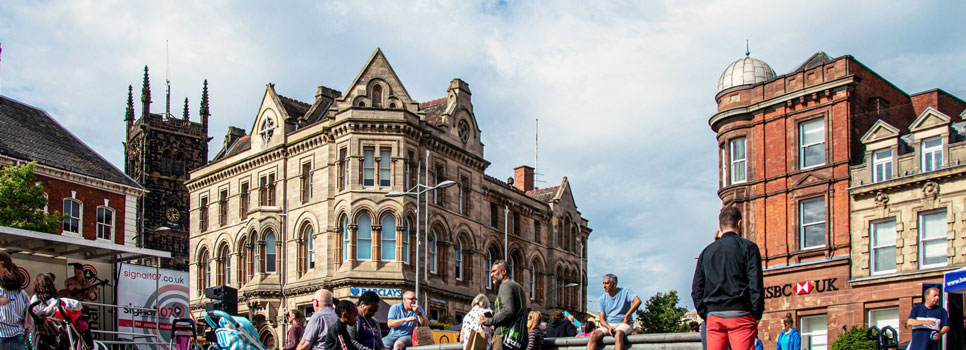
 About Wolverhampton
About Wolverhampton
Wolverhampton is a city not more than 10 minutes away from the countryside, making it a perfect place for those who love the peacefulness and serenity of nature. Although Wolverhampton does not consist of any significant rivers across its city, it has tributaries of the River Trent, namely the River Penk and River Tame. In 2020 Wolverhampton city was ranked highly in Provident's Unbroken Britain Communities survey for being known as a welcoming, polite, safe, and well-kept city, thus making it one of the many places ideal for people to move to.
Other than this, Wolverhampton offers several events every year to its residents. These include family events, salsa parties, disco nights, and tea parties across various 4-star hotels and venues across this city. There are several clubs, bars, and pubs for the party lovers to visit to keep the night going and to enjoy during the summers, especially for the students at the local Wolverhampton university.
How are the nightlife scenes in Wolverhampton, you ask? As mentioned before, there are countless pubs, bars, clubs, and venues for the partyholics and for those who want to have some fun, from the selection of real ale at The Lynch Gate Tavern to delicious crusty cobs and a variety of ciders at The Vine. The Slade Rooms is a venue perfect for partying, The Bohemian, a bar and club, is a well-known place for Wolverhampton partygoers.
This amazing city offers a wide selection of restaurants and eateries to suit everyone's tastebuds across the city. Wolverhampton provides you with a range of cuisines from Italian Indian and to your normal British breakfast, lunch, and dinner. Dinning styles include casual dining, fast food, fine dining, family type of restaurants, and a range of cafes too.
Since the 18th Century Wolverhampton has been known for its most recognized artists of the 18th and 19th Centuries, Joseph Barney, Edward Bird, and George Wallis. For those wanting to have an insight on painted ware, Wolverhampton would be the place. Today Wolverhampton consists of a Creative Industries Quarter, this part of the city has a newly built art house cinema which is also called the Light House Media centre and the Arena Theatre. Wolverhampton's art gallery was founded in 1884, making it a city that entertains and appeals to the minds of art fanatics. Wolverhampton city is also renowned for its only all-weather floodlight horse racecourse in the country.
Wolverhampton offers one an endless choice of entertainment and things to do. These include manors, gardens and several parks to visit, Wild Zoological Park, The Grand Theatre, Bilston Craft Gallery, Essington Fruit Farm, Molineux Stadium for the sports lovers, and many more places to explore.
 Places to eat in Wolverhampton, Restaurants in Wolverhampton
Places to eat in Wolverhampton, Restaurants in Wolverhampton
 Places to drink in Wolverhampton, Pubs and Bars in Wolverhampton
Places to drink in Wolverhampton, Pubs and Bars in Wolverhampton
 A brief history of Wolverhampton
A brief history of Wolverhampton
Wolverhampton was previously called Wulfrun, which comes from the Anglo-Saxon era; it is a city that was founded in 985 by Lady Wulfruna, a Saxon Lady who was given land in Heanton which later grew onto becoming Wolverhampton. Wolverhampton became known as a city in the 2000s. Wolverhampton was commonly known as a small market town, and in Medieval and Tudor times, the leading industry prevalent in Wolverhampton was the industry of weaving wool.
So how did the town grow bigger? In the 18th century, Wolverhampton was recognized and became a bustling town; this was due to it being on the main road from London to Holyhead, which was where people travelled to Ireland. In the late 17th century, Wolverhampton was known for making steel buckles and sword hilts as well as steel jewellery.
The Great Western Railway opened a factory in Wolverhampton which was for repairing and making locomotives, and this was to be one of the leading employers in Wolverhampton at the time. From the 19th Century, industries grew in Wolverhampton, leading it to become the city known as now.
 Popular things to do in Wolverhampton
Popular things to do in Wolverhampton
- Visit the Grand Theatre- https://www.grandtheatre.co.uk/
- Essington Fruit Farm- https://www.essingtonfarm.co.uk/
- Molineux Stadium- https://www.stadiumguide.com/molineux/
 Free things to do in Wolverhampton
Free things to do in Wolverhampton
- David Austin Roses- https://www.davidaustinroses.co.uk/pages/plant-centre-and-gardens
- West Park, Wolverhampton- http://www.wolverhamptonparks.co.uk/Park/1/west-park
- Bilston Craft Gallery- https://www.wolverhamptonart.org.uk/visit/bilston/
- Northycote Farm and Country Park- http://www.wolverhamptonparks.co.uk/Park/6/northycote-farm-and-country-park
- Smestow Valley Local Nature Reserve- http://www.wolverhamptonparks.co.uk/Park/3/smestow-valley-local-nature-reserve
 Great for kids in Wolverhampton
Great for kids in Wolverhampton
- Wild Zoological Park- https://www.wildzoo.co.uk/
- Wolves Museum- https://www.wolves.co.uk/museum/
- The Owl and Falconry Centre- http://www.thefalconrycentre.co.uk/
 Dog friendly bars
Dog friendly bars
- Swan- http://www.swanpubwolverhampton.co.uk/
- Minerva- https://www.theminerva.co.uk/index
- The Barley Mow- http://ww1.barleymowpenn.co.uk/
 Dog friendly restaurants
Dog friendly restaurants
- The Fieldhouse- http://fieldhouseinn.restaurantwebx.com/
 Did you know?
Did you know?
During the Industrial Revolution, Wolverhampton became one of the major centres for coal mining, steel production and lock making.
 The hidden gems of Wolverhampton
The hidden gems of Wolverhampton
The National Trust Wightwick Manor and Gardens is one of the hidden gems of Wolverhampton. This Manor was once home to the founder of Wolverhampton and well know families of Wolverhampton, The Wulfruns. With beautiful gardens, lakes and orchids, it is the perfect place for an afternoon tea.
 Unique to Wolverhampton
Unique to Wolverhampton
The Industrial heritage - An abundance of coal and iron ore made Wolverhampton a rich town in the Victorian era making this something Unique to Wolverhampton.
 find your venue
find your venue feature your venue
feature your venue